Secondary Victims’: Families of People Who Died from COVID-19 Talk About Their Anguish
It’s hard to escape the numbers.
More than 5.5 million people in the United States have tested positive for COVID-19.
More than 170,000 of them have died.
The numbers are so mind-numbing that it may be hard to think of the people behind them.
But the losses are real and the ripple effect extends beyond immediate families to whole communities.
And the effects aren’t confined to the families of people who die. The families of people who become seriously ill and survive are also affected.
A new report suggests the pandemic could leave hundreds of thousands grieving. In many cases, that grief may be exacerbated by the isolation and separation from loved ones.
“These are the secondary victims,” said Holly Prigerson, PhD, a bereavement researcher, co-director of the Center for Research on End-of-Life Care at Weill Cornell Medicine in New York City and one of the report’s authors.
She says there are fears those secondary victims could be headed for intense and enduring psychological distress.
“There’s a real mental health crisis brewing if it’s not already happening, and it’s unlikely to go away overnight,” she told Healthline.
Families share how they’re coping
We set out to talk to families about how they’re handling grief and how their loss may be changing their lives.
“It kills me because my dad was one of the healthiest people I knew,” said Kevin Vallejo. “At 57, he was still skiing.”
Vallejo, a 23-year-old medical student from Miami, Florida, has been dealt a double blow. He lost both his father and grandfather to COVID-19 in just over a month.
Both men were doctors. His grandfather, Jorge, was 89 and a retired OB-GYN. His father, Carlos Vallejo, was an internist.
Both were his role models.
“My dad played basketball and racquetball with me. He’d work out. He was a very healthy guy. That’s why it’s just shocking that this destroyed him,” Vallejo told Healthline.
Kevin Vallejo says when the pandemic began, his father was conducting telemedicine appointments, but he still wanted to see his long-time patients at nursing homes.
“He was seeing them in full PPE (personal protective equipment), but he still somehow caught the virus,” Vallejo said.
The hardest part, Vallejo says, is that the family couldn’t be with his father for his final days. He passed away on August 1.
“That’s one thing that bothers me. My dad may have still been alive if I could have been there in the room with him,” Vallejo said.
“For my family, it’s a roller coaster of emotions. One second we’re just trying to get by, the next somebody’s crying in the house. And we beat ourselves up over what we might have been able to do,” he added.
That last part is particularly frustrating, Vallejo says, because he comes from a medical family with more than 20 doctors.
His mother is a practicing psychiatrist, but for now they insist she stay safe.
“I won’t let her go to a nursing home anymore. For now, she can just do telecare,” Vallejo said. “We can’t take any more loss in our family.”
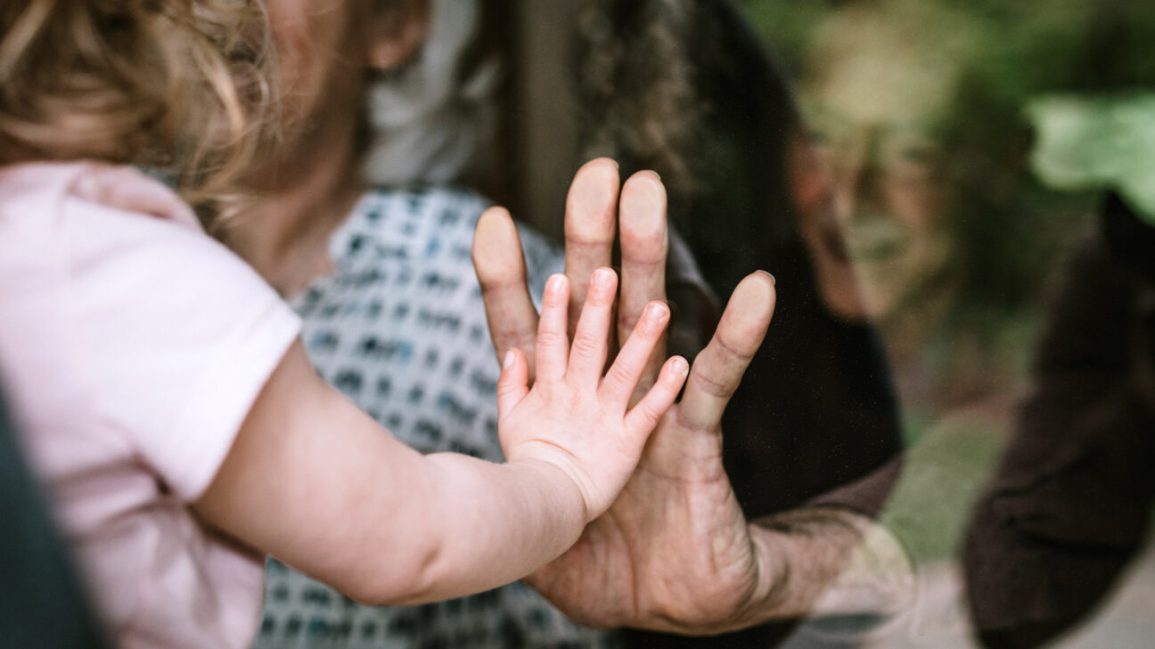




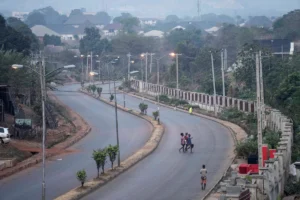


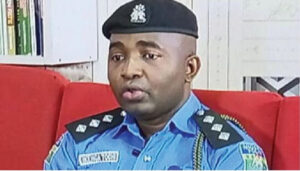
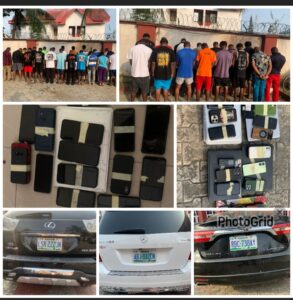






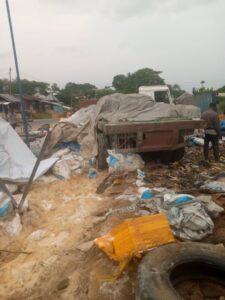
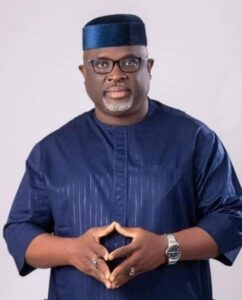
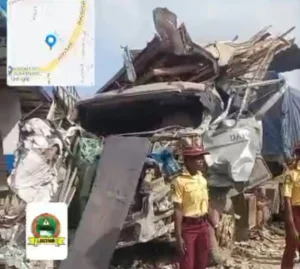



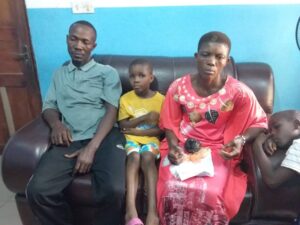
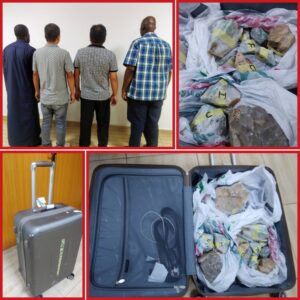


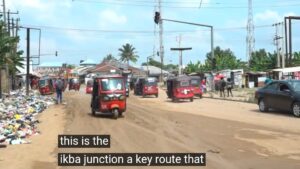
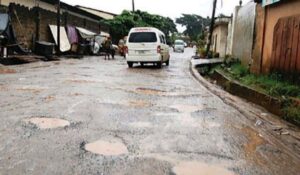
Post Comment